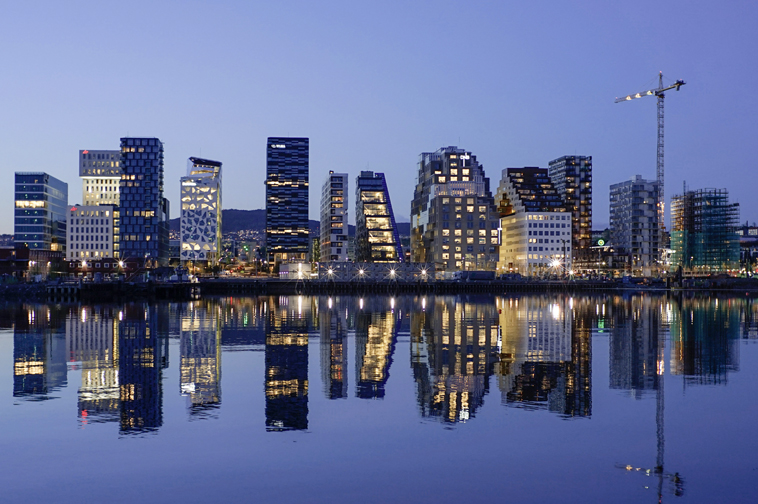Goal 2: Boost the competitiveness, resilience and integration of the Nordic economies
A competitive Nordic Region
The Nordic economies are fundamentally well equipped to handle larger structural shifts and growing global competition. The Nordic countries must build further on this position and collaborate to strengthen frameworks, policies and solutions that can play a role in further boosting the long-term growth potential, economic resilience and competitiveness of the Nordic Region, not least in the light of new geopolitical realities and technological advancements. The Council will contribute towards promoting the Nordic exchange of experiences and knowledge-based economic and fiscal policy development which can play a role in furthering these goals.

Sub-goal 2.1: Co-operation around the advancement of cost-effective national policies and initiatives to bolster long-term growth potential in the Nordic Region
Co-operation around and support for knowledge-based policy development in the Nordic countries shall help to promote both greater productivity and employment in the Nordic countries, as well as their long-term growth potential. Due to the ageing Nordic populations, it is especially important to reduce the number of people of working age outside of the labour market.
Sub-goal 2.2: Strengthen a common approach to the handling of current economic policy challenges in the Nordic countries and internationally
The Nordic countries need to navigate an ever more complex and challenging international economic policy environment. Enhanced co-ordination and a common approach to the handling of current economic policy challenges and the implementation of relevant EU/EEA legislation can contribute towards boosting the competitiveness and resilience of the Nordic Region, and to strengthening the voice and weight of the region internationally.
Sub-goal 2.3: Prevent and reduce border obstacles that inhibit labour force mobility and economic integration in the Nordic Region
If the Nordic Region is to achieve its vision of being the world’s most integrated region by 2030, it is important that border obstacles – which stem from national economic policies and administrative rules – are counteracted and reduced. The Council shall work to promote common solutions for the handling of border obstacles that inhibit Nordic labour force mobility and economic integration in the Nordic Region.